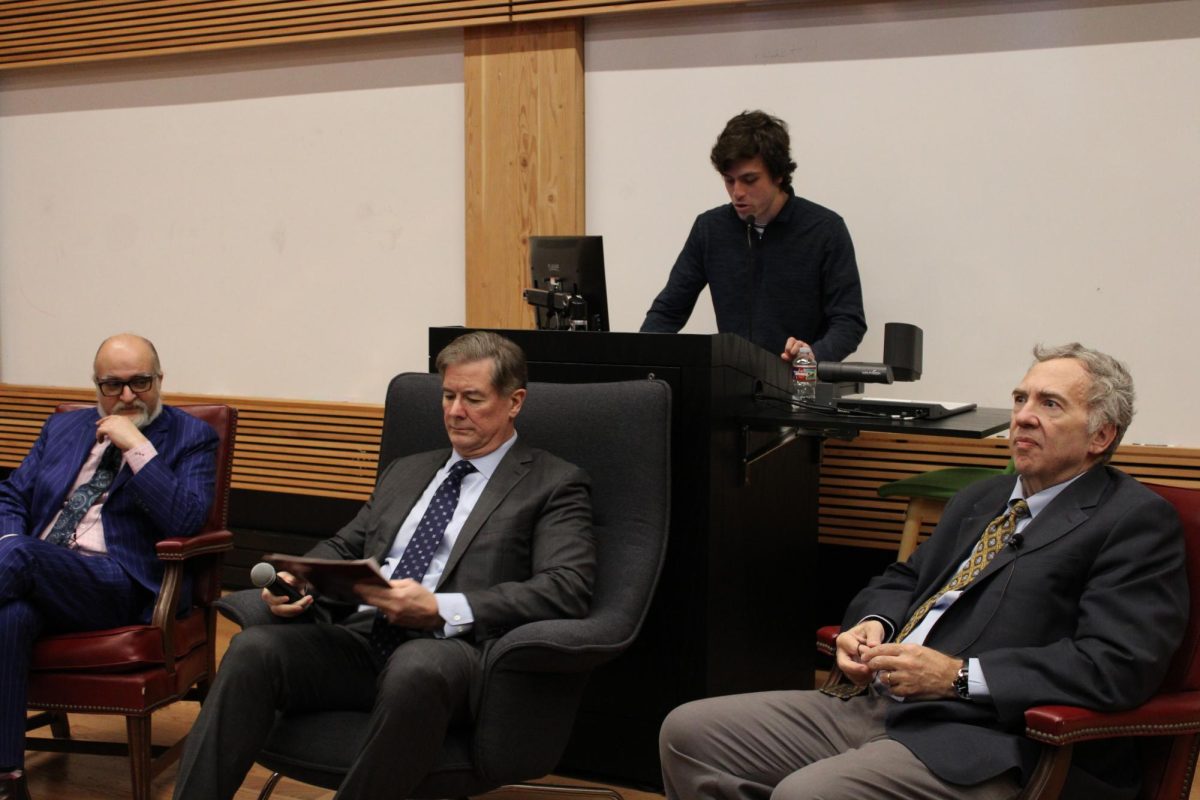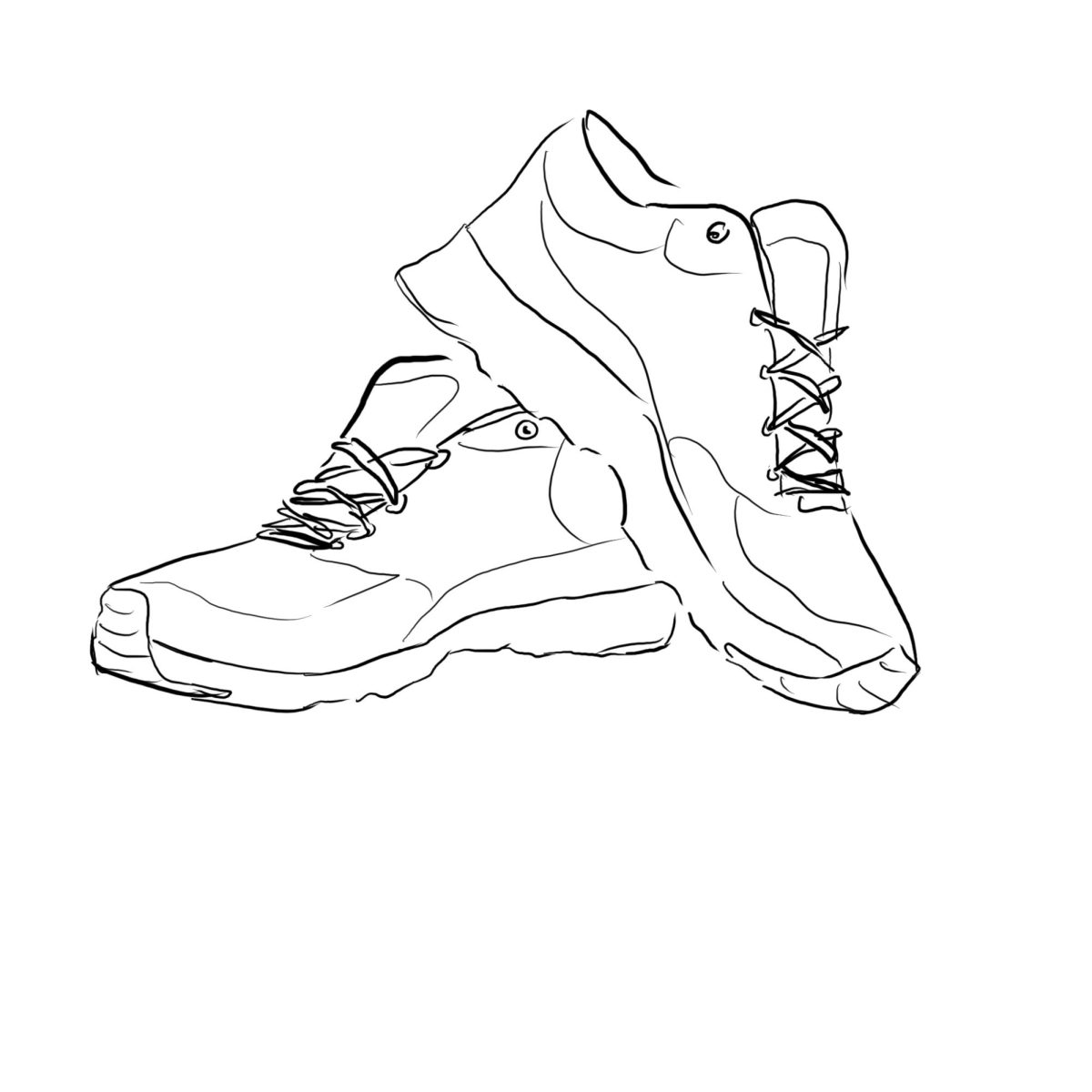We finally — finally! — seem to be at a watershed moment for the abolition of tacit acceptance of rampant sexual harassment. It has been a long time coming, and there is reason for cautious optimism that things might actually begin to change.
It will not happen overnight, and it will not just happen by hoping and wishing. It will take diligence and perseverance to carry the #MeToo movement to lasting social change.
For many men, when these stories began to break, the news of such widespread sexual harassment was unbelievable. They had no idea that such routine, systematic and entrenched sexual harassment was a standard and tolerated part of so many workplaces.
I don’t know any woman who was shocked.
Therein lies an opportunity for the men who are just now realizing that the world is a very different place for the other 50 percent of the population. This is not a column about sexual harassment; that is a piece for someone else to write. This is a column about how to navigate your way through an upheaval of your worldview.
I remember very distinctly the first time I realized the world was not what I thought it was. And I remember exactly who let me in on that fact. His name was Chuck D, and the album was “Fear of a Black Planet.”
It had just been released. I listened to that tape — yes, tape — over and over again, and each time my world got a little bit bigger and a lot more unsettling. How could 911 be a joke? Why did he have so much trouble on his mind?
Was it really possible that everything they were singing about was true? If so, how could that be? How could the world I lived in and thought I understood be that different for a black person?
I cannot answer that question any more deeply or fully than many others already have. Our country — my country, a country I love and cherish — began with one of the greatest of evils. There is no getting around that, and there is no denying that we continue to deal with the original sin of slavery to this day.
The beginning of that realization for me happened in that summer, so many years ago, with that Public Enemy tape. It was a turning point in my life. It gave me the opportunity to see things in a different light, to examine my life and the lives of my friends and family
I started to see things and to hear things that made me sick. The racist jokes were so much more prevalent than I realized, but that was just the tip of the iceberg. Beyond the overt bigotry was the casual racism that seemed to find its way into almost every hour of every day. The surest way to insult someone was to liken him or her to a black person.
With my new eyes and ears, I quickly realized that everything Chuck D was singing about was true. Of course it was. Racism was baked into the fabric of America. So what could I do about it?
To start, I could make sure I no longer actively contributed to it. I could examine my speech and my actions. So I did. And I found things I was not proud of, things that needed to change. So I changed them.
I withdrew from ‘friends’ who persisted in their telling of racist jokes. I couldn’t really do that with family, so I had to tell some uncles to stop using the N-word and other words around me because I just didn’t want to hear that anymore.
I call out casual racism when I encounter it — the only time I’ve ever lost my patience with a student was because of an offhand comment about Martin Luther King Jr. Day. I explain unintended racism to those who unwittingly say something stupid.
I send monthly donations to the Southern Poverty Law Center. And I made promises to my children that I would raise them without that hate in their hearts or in our home.
So, now, with the unsettling realizations that the #MeToo movement has brought into the open, many of you men may feel something similar to what I did all those years ago. What will you do now? What can you do now? What should you do now?
There are many positive actions that you can take, but one thing you should not do is to presume you know what it’s like. You simply cannot know that.
The world that women face is not the same one you face. We live, study and work side by side, but that does not mean our experiences are the same.
A good start would be to critically examine your own life, your speech and your actions. Root out and excise traces of sexism. Don’t stand idly by when you encounter sexism in your circle of friends. Realize that it is still sexist to denigrate or make jokes about women even when they are not there.
Understand that you have a bigger part to play in this than just being one of the ‘good ones’ who doesn’t actively harass women.






